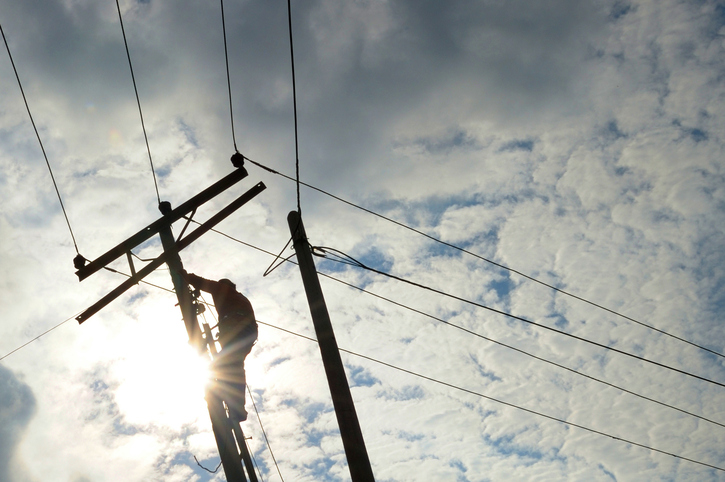Network company profits could add as much as £20 to the average energy bill this year, new analysis by the Energy and Climate Intelligence Unit (ECIU).
However the Energy Networks Association has leapt to the defence of network companies, labelling the analysis misleading.
The ECIU has this morning published its ‘RIIO Carnival’ report which serves as an update to previous analyses of the profits reported by companies in charge of operating the UK’s electricity distribution and transmission networks.
Having previously rallied against the profit margins Distribution Network Operators (DNOs) reported between 2010 and 2015, the ECIU has returned to update its analysis to incorporate more recent financial reporting periods. This is significant because this now covers periods wherein network company profits are regulated under Ofgem’s RIIO framework.
But the ECIU’s new analysis appears to indicate that RIIO has not been as successful as hoped in maintaining profit margins at a “reasonable level”.
The average profit margin for network companies between 2010 and 2015 stood at 32%. The first year under RIIO allowed the UK’s six DNOs to post an average profit margin of 30.4%, leading the ECIU to conclude that “nothing has changed”.
Richard Black, director at the ECIU, said the research should fuel an “open, honest and transparent debate” surrounding every facet of UK energy bills, particularly with network costs making up more than a quarter (27%) of energy bills.
“Ministers, the press and the public are rightly worried about energy bills, and the news that these monopoly operators are making profits beyond most companies’ wildest dreams will only add to these concerns.”
The report identifies Western Power Distribution as the country’s most profitable DNO, with a profit margin of 41.7% and total profits of £694 million. Of that figure around £314 million – roughly 19% – was returned to shareholders through dividends.
In comparison Electricity North West’s profit margin was less than 15%. That figure brings it more in-line with supplier profits which the ECIU suggests as a more appropriate profit figure.
The most profitable energy supplier in the UK remains E.On which reported an 11.8% profit margin in its most recent financial disclosure, equivalent to profits of £740 million.
John Penrose, MP for Weston-super-Mare, said that Ofgem had a chance to do better than it had on the subject of energy price caps and must use its powers to take on DNOs.
“The DNOs are low risk, monopoly businesses. But they have even fatter profit margins than the Big 6 energy firms, all paid out of the pockets of hard-working energy customers.
“If Ofgem lets them go on getting fat at energy bill-payers’ expense, it should be scrapped and replaced with a proper cross-sector regulator that isn’t afraid to use its teeth,” Penrose said.
But in response, the Energy Networks Association has derided the ECIU’s analysis as misleading.
A statement issued to Clean Energy News by the ENA on behalf of network companies read: “These are once again misleading figures published by ECIU, who make some basic errors in assessing the way that network companies make profits. Official Ofgem figures show that network costs to the consumer are flat or falling over the next few years.
“ECIU’s analysis is only based on partial data: they do not include the significant reinvestment made. The profits network companies make should be judged over the full eight year price control period to gain an accurate picture. That’s because network companies typically spend different amounts in different years. According to Ofgem figures, £45 billion is forecast to be invested into the energy networks in the next five years.”
Ofgem figures show that network costs for electricity bills are expected to fall from £131.20 in 2016 to £123.60 in 2017 and 2018.






